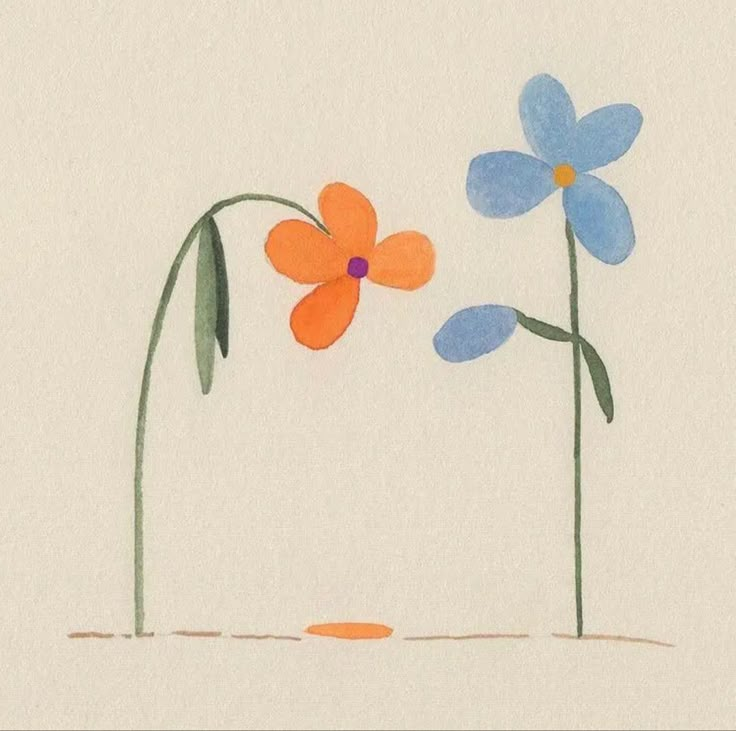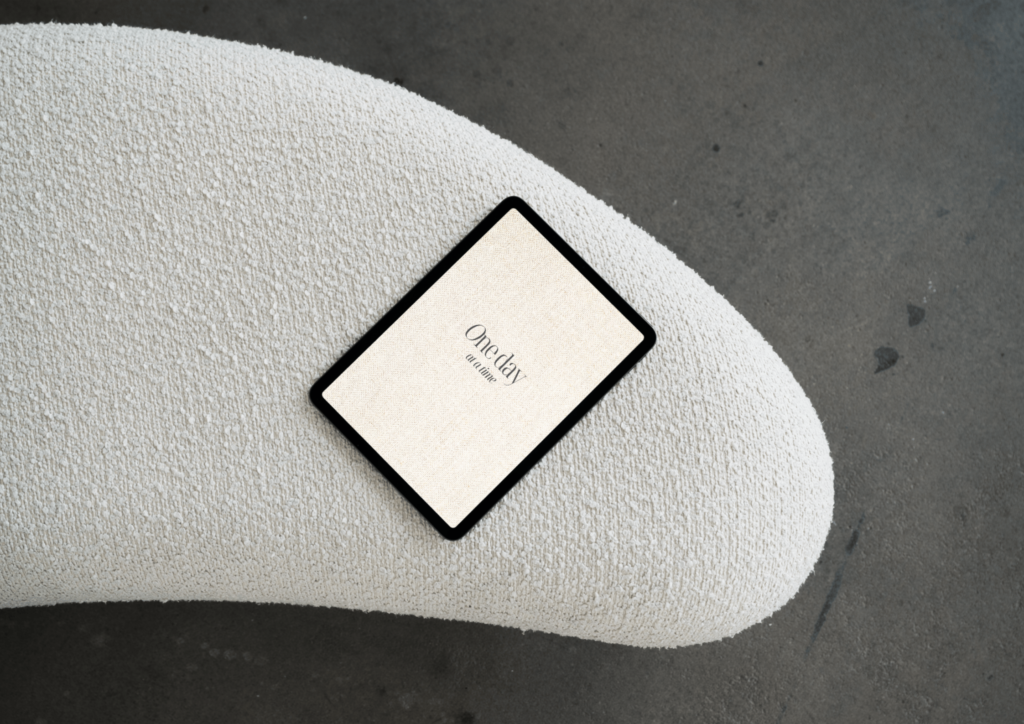When Empathy Becomes a Curse
Empathy. It’s supposed to be this beautiful, selfless act—right? The ability to feel what others feel, to be there, to hold space, to heal. But what happens when it’s too much? When you aren’t just feeling with someone, you’re feeling for them—so much so that you forget where they end and you begin?
That’s when empathy stops being a gift and starts being a burden. Or worse, a trap. You pick up the weight of someone else’s suffering, assuming it’s your duty to carry it. And that’s how you become an emotional sponge—soaking up their pain, absorbing every tear, taking on their stress as if it were your own.
But here’s the kicker: this kind of relentless empathy? It doesn’t help people. It weakens them. You think you’re supporting someone, but in reality, you might be gaslighting them into believing they can’t stand on their own. You might be guilt-tripping yourself into exhaustion, confusing enabling with kindness, all while watching your own emotional reserves drain dry.
Sound familiar? If so, buckle up—we’re about to dive into the messy, tangled wreckage of empathy’s dark side.
Emotional Sponges: The People Who Feel Too Much
If you’ve ever walked into a room and immediately sensed the tension, if someone’s bad mood can derail your entire day, if you find yourself over-apologizing for things that aren’t even your fault—yeah, you might be an emotional sponge.
And let me tell you, it’s exhausting.
People like this (like us, if I’m being honest) don’t just empathize. We absorb. Someone vents about their problems, and suddenly, it’s as if those problems are ours to fix. Someone cries, and we’re swallowing back tears for them. The emotional lines get blurry—no, scratch that—they disappear.
Ever noticed how, in a group setting, you naturally mirror the energy around you? Or how, when a loved one is suffering, you physically feel it, like a weight pressing into your chest? That’s the cost of unchecked empathy. It hijacks your nervous system, rewires your brain to prioritize their emotions over yours.
And the worst part? People can sense it. They notice that you’re the one who cares—the one who will stay up late, listen endlessly, offer help even when you’re drowning. Some will appreciate it. Others will use it.
Gaslighting: When Your Empathy Becomes a Weapon Against You
Let’s talk about gaslighting for a second. You know, that sneaky form of psychological manipulation where someone makes you question your own reality? It thrives on emotional sponges because, well, we already question ourselves constantly.
Picture this: You call someone out for hurting you. They respond with, “Wow, I thought you were more understanding. Guess I was wrong about you.” Suddenly, you’re backpedaling, wondering if you were too harsh, too reactive.
Or worse: “You’re imagining things. You’re being dramatic.”
Boom. Now you’re gaslighting yourself.
Empaths are prime targets for this kind of emotional warfare because we want to believe the best in people. We want to give them the benefit of the doubt. But manipulators? They see that softness as an opening. They twist your own kindness against you, making you doubt your instincts, your memory, even your own pain.
And before you know it, you’re apologizing for things that weren’t even your fault.
Guilt-Tripping: The Art of Making You Feel Like a Monster for Having Boundaries
“Oh, so you’re just going to abandon me?”
“I guess I was wrong to think you actually cared.”
“After everything I’ve done for you… this is how you repay me?”
You know these lines. You’ve heard them before. Maybe from a partner, a friend, a family member—someone who, whether they realize it or not, has learned that the best way to control you is to make you feel bad for protecting yourself.
And here’s where it gets complicated: Sometimes, these people aren’t even trying to be manipulative. Sometimes, they’re just hurt. And when people are hurt, they lash out. But here’s the thing—their pain is not your debt to repay.
Read that again.
Just because someone is suffering doesn’t mean you owe them unlimited access to your time, energy, or mental stability. It’s not cruel to say no. It’s not selfish to take care of yourself. And if someone makes you feel otherwise? That’s on them.
Enabling vs. Helping: When You Become a Crutch Instead of a Lifeline
This is where it gets really messy. Because being an emotional sponge doesn’t just hurt you—it can hurt the very people you’re trying to help.
Think about it. If every time a loved one stumbles, you rush in to catch them, how will they ever learn to stand on their own? If every time they mess up, you shield them from the consequences, what incentive do they have to grow?
Sometimes, the kindest thing you can do is step back. Let them struggle. Let them fail. Let them figure it out on their own. Because resilience isn’t built through rescue—it’s built through experience.
And yeah, it’s hard. Watching someone suffer when you know you could intervene? It feels wrong. But ask yourself: Are you actually helping? Or are you just making yourself feel better by playing savior?
How to Stop Absorbing Everyone Else’s Emotional Chaos
Look, breaking free from this pattern isn’t easy. But it is possible. Here’s where you start:
1. Get Comfortable with Discomfort
Saying no will feel awful at first. You’ll want to explain yourself, justify it, soften the blow. Don’t. Set the boundary. Let them react however they react.
2. Question the Guilt
Next time you feel guilty for prioritizing yourself, ask: Is this my guilt? Or someone else’s expectation of me?
3. Stop Over-Explaining
Not every boundary needs an essay. “I can’t do that” is a full sentence.
4. Let People Solve Their Own Problems
You can care about someone without taking on their burdens. Offer support, not solutions.
5. Protect Your Emotional Energy
If someone always drains you? Limit your time with them. Not everyone deserves full access to your emotional world.

Final Thoughts: You Are Not a Dumping Ground
At the end of the day, you are not responsible for carrying everyone else’s pain. You are not a sponge. You are not a bottomless well of support with no needs of your own.
So here’s your permission slip: Let go of the guilt. Set the boundary. And remember—it’s okay to feel deeply. It’s not okay to drown.
Now, go reclaim your emotional energy. You need it more than anyone else does.
And hey—if you want more brutally honest, soul-shaking reads like this, let me know. Maybe we’ll start a support group for recovering emotional sponges.




